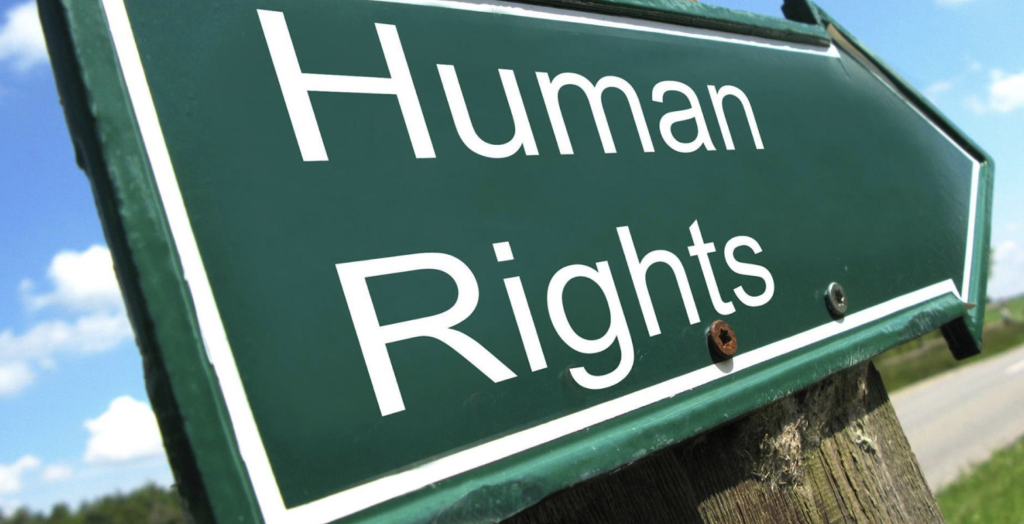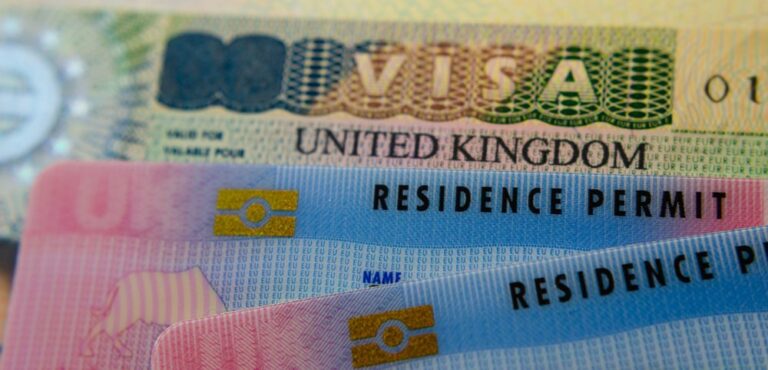Successful Appeal on Human Rights Grounds: Immigration Victory for Family Unity

Our expert Immigration lawyers, Jekaterina, Josephine, and Nozima secured a significant victory for our client in the recent appeal before the First-tier Tribunal. The appeal involved a child citizen of Albania challenging the decision of the Entry Clearance Officer to refuse entry clearance under Appendix FM to the Immigration Rules on human rights grounds. The key aspect of this case was the interference with the child’s right to family life, particularly concerning his parents residing in the United Kingdom.
The Sterling Law team presented a robust case supported by extensive documentation, witness statements, and supplementary evidence. During the hearing, evidence was presented from various family members, highlighting the importance of the child’s presence with his parents in the United Kingdom for the continuity and development of their family life.
Key to the case was the acknowledgment that Article 8 of the European Convention on Human Rights, protecting the right to respect for family life, was engaged. The tribunal recognised the interference caused by the refusal, emphasising that it surpassed mere technicalities and directly impacted the appellant’s familial bonds.
The crux of the decision rested on the principle of proportionality. The appellant argued that the refusal disproportionately interfered with his right to family life, asserting that his best interests lay in residing with his parents in the United Kingdom. Despite the respondent’s contention that effective immigration controls were in the public interest, the tribunal deemed it necessary to prioritize the appellant’s well-being and family unity.
Several factors played a crucial role in the tribunal’s decision. Firstly, the absence of a specific policy addressing the eligibility of parents with EU Settlement Scheme (EUSS) pre-settled status to sponsor their children under Appendix FM was noted. Additionally, the appellant’s mother’s newfound employment and ability to financially support him were considered positive developments.
Central to the ruling was the determination of the appellant’s best interests. Despite suggestions that the current arrangement, involving periodic visits from his father, was sufficient, the tribunal concluded that the appellant’s upbringing and support were best provided by both parents in the United Kingdom. It emphasised the importance of physical presence and direct care, especially for a child in need of support.
Ultimately, the tribunal found that the refusal to grant entry clearance was unjustifiably harsh, given the appellant’s age and dependency on his parents. It held that the compelling circumstances of the case outweighed any public interest in maintaining immigration controls, thereby declaring the decision unlawful on human rights grounds.
This landmark decision underscores the significance of family unity and the welfare of children in immigration proceedings. It sets a precedent for prioritising the best interests of the child when assessing human rights claims, reaffirming the fundamental principle of protecting family bonds in the face of immigration policies. The experienced legal representation and hard work of Sterling Immigration lawyers Jekaterina, Josephine, and Nozima proved instrumental in securing this victory for the child and his family, ensuring his reunification with his parents in the United Kingdom, where he rightfully belongs.
The success highlights our commitment to advocating for our clients’ rights and achieving positive results in complex immigration cases.
If you require skilled representation in immigration matters, trust our Sterling Law team to navigate the legal complexities and secure the best possible outcome for you.








